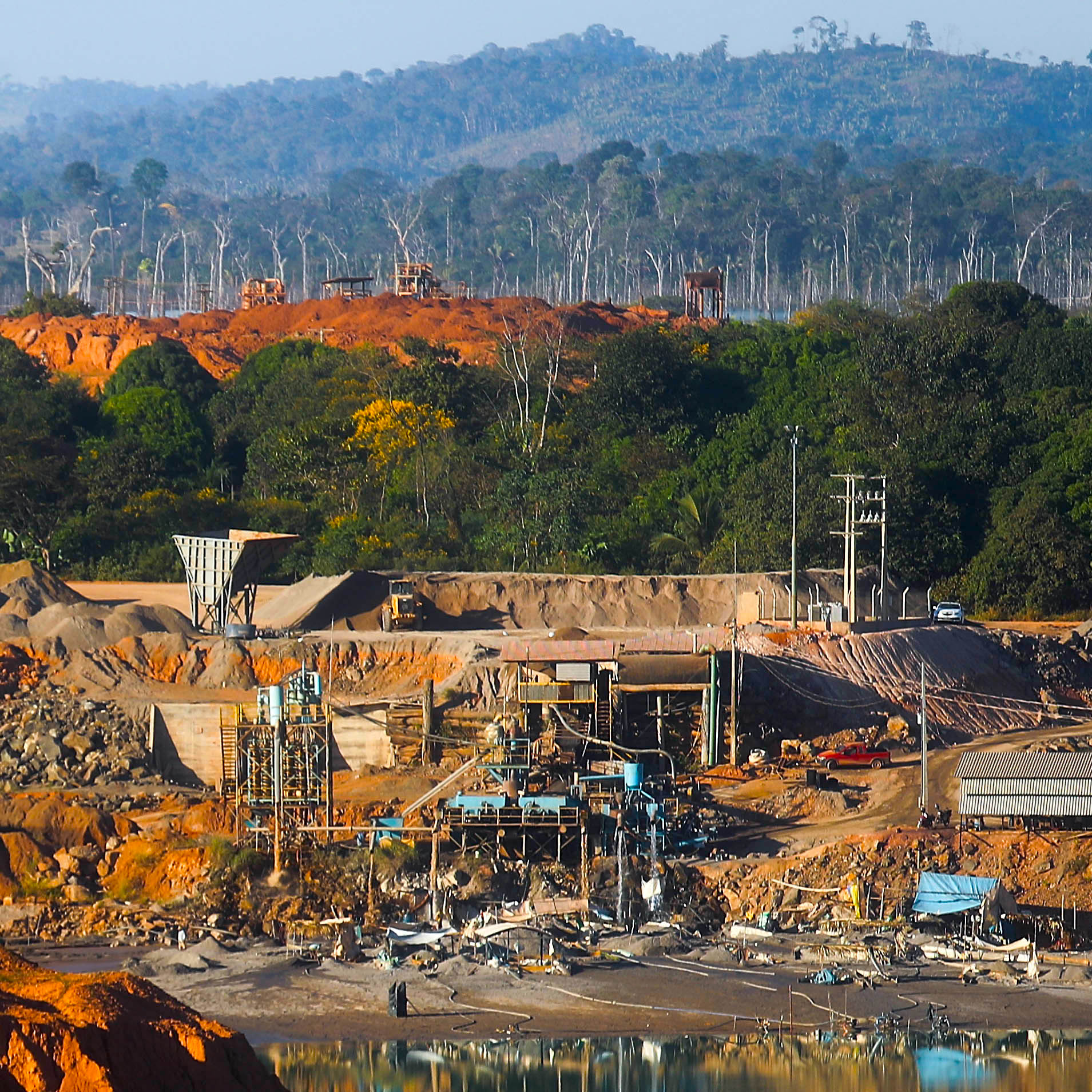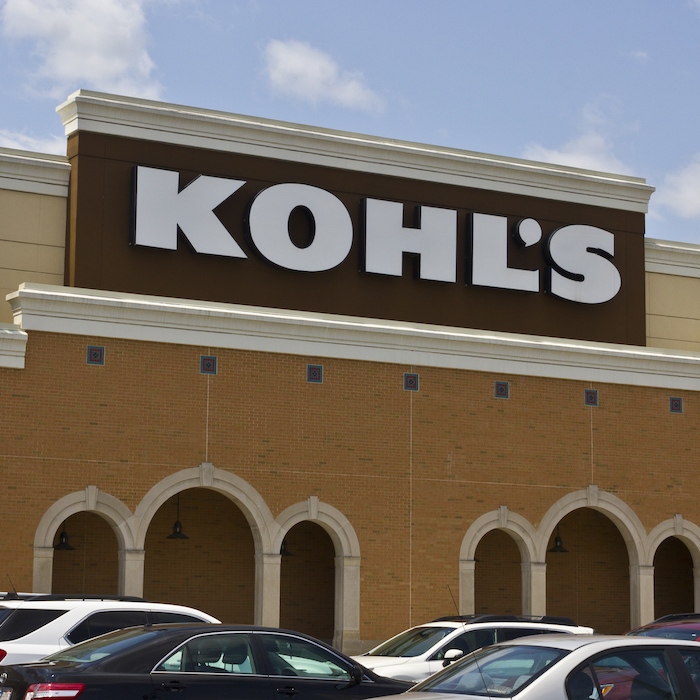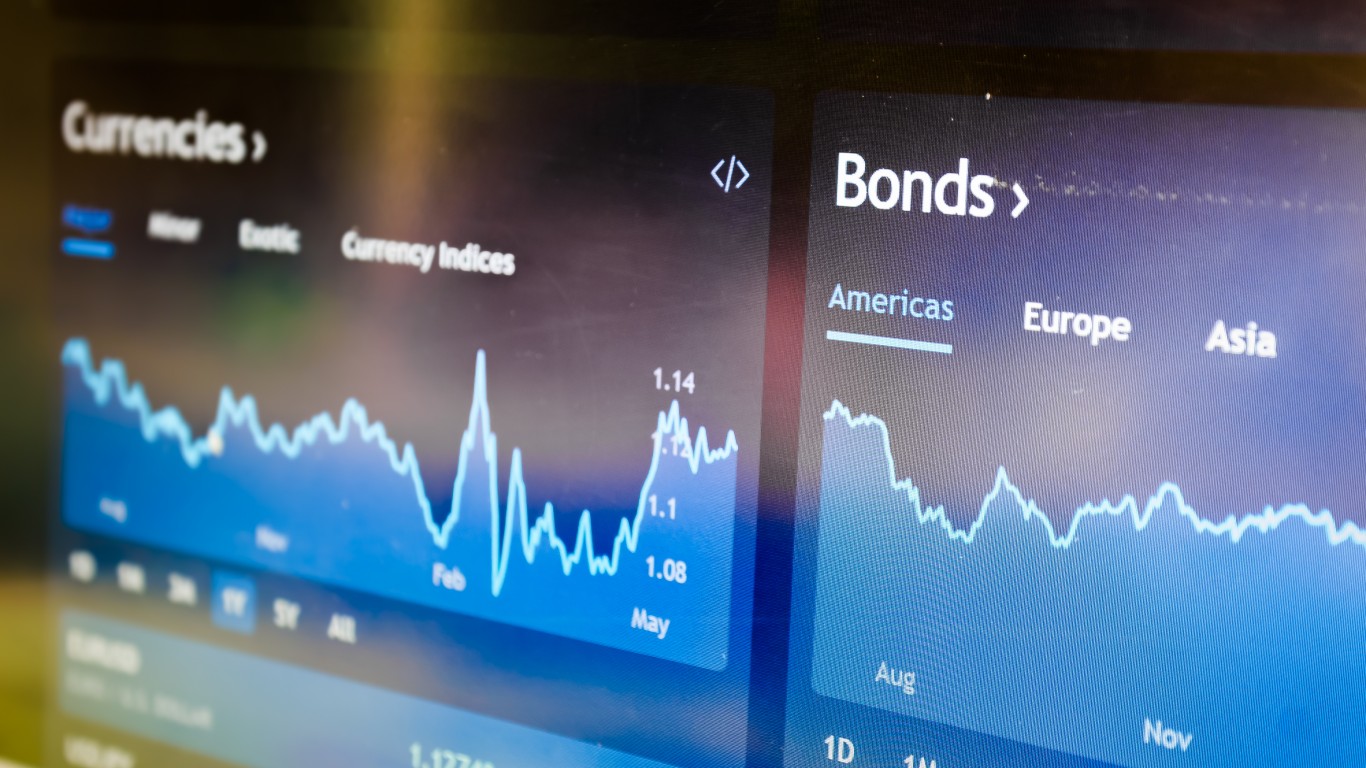Investing
Need $8,000 Passive Income? Invest $10,000 in These 9 Dividend Stocks

Published:

24/7 Wall Street Insights
An anecdote posted on X this summer detailing real life inflation has already gone viral. Noting that a 12-pack of drinks that cost 4 for $10 in 2020 is now $9 each, a woman and her husband checked back on their Walmart app to compare prices. 30 items that cost $70.20 in January 2020 now cost $165.42 for the exact same items. The $95.22 price increase over 4 years equates to a 135.6% inflation rate.
24/7 Wall Street has been covering inflation in past articles, and the erosion of consumer buying power has not ceased; its threat continues at the time of this writing. A great majority of American households cannot make ends meet, with many even having to forgo or postpone crucial medical care. The options for those with their heads still above water are few:
For many households, an additional job is not an option, since most available part-time jobs often will not pay enough to cover child care costs while working. Care.com recently published statistics that show the cost of weekly child nanny daycare is $766; it’s over $900 in New York City.

As one third of S&P 500 stocks fall into the dividend stock category, it is represented by a wide range of industrial sectors, volatility levels, and yields, in addition to also possessing a capital appreciation aspect. 24/7 Wall Street has published numerous articles on dividend stocks that are extracted from its extensive database. The following examples, based on their market prices at the time of this writing, would cumulatively deliver over $8,000 in annual passive dividend income.

Stock #1 : Vale S.A. (NYSE: VALE)
Yield: 15.67%
Shares for $10,000: 866.55
Annual Dividend Amount: ~$1,567
Brazil is among the most resource-rich countries on Earth. As the `B’ in BRICS, Brazil, along with Russia, India, China and South Africa, have become a formidable economic bloc with currencies that can boast tangible assets to guarantee their creditworthiness. Brazil possesses a number of multinational companies that handle the cultivation, development, production and sales of its raw materials and commodities. With a $50 billion market cap, Vale S.A., headquartered in Rio De Janeiro, is one Brazil’s top conglomerate entities.
Vale S.A. ADRs trade on the NYSE, with the stock also listed on the Rio De Janeiro, Jakarta, Paris, and Madrid exchanges as well. Several analysts believe that Val S.A.e is presently undervalued and has considerable upside. They point to rising commodity price trends, and Q1 2024 evidence of Vale’s participation, with its iron ore sales up 15% and its copper sales up 22%.

Stock #2 : Starwood Property Trust, Inc. (NYSE: STWD)
Yield: 9.62%
Shares for $10,000: 501
Annual Dividend Amount: ~$962
Real Estate Investment Trusts (REIT) are publicly traded funds involved in some aspect of the real estate industry. Their registration with the SEC as REITs requires them to remit 90% of profits to shareholders in return for accessing the capital markets and public money. It’s a win/win for the individual investor, as they get the benefits of prorated real estate profits without the inherent liabilities.
Headquartered in Greenwich, CT, Starwood Property Trust is a REIT with several divisions.
In acknowledgment of the growth of cloud computing and Artificial Intelligence, Starwood made a deal earlier this year to invest $850 million into Echelon Data Centres. This was added to their $8 billion portfolio in cumulative global data centers. With potential total capacity of up to 1.5 gigawatts, the addition of Echelon makes Starwood one of the largest data center private owners and developers in North America and Europe.
Starwood Property Trust earned $0.59 per share in Q1 202. Therefore, its stable $0.48 per share per quarter dividend pay-out equates to a dividend pay-out ratio of 81%. Dividend coverage of 123% should make investors feel warm and fuzzy that their dividend yield is safe.

Stock #3 : Kohl’s Corp. (NYSE: KSS)
Yield: 9.09%
Shares for $10,000: 454.3
Annual Dividend Amount: ~$909.00
When it comes to large US retail store chains, Kohl’s, which the National Retail Federation ranked at #30 in 2023, often is overlooked. Nevertheless, it remains a $2 billion company with a sizable middle-class customer loyalty base. Half of Kohl’s revenues are generated from its in-house brands.
Since the Milwaukee based Kohl founding family sold the company in 1986, Kohl’s has undergone a number of financial ups and downs. On numerous occasions, the company would be rumored to be an acquisition target, only to announce a deal that not only allowed it to maintain its autonomy, but to expand. Savvy deals with Capital One, Aldi, Planet Fitness, and Babies R’ Us are just a few examples.
Kohl’s has also garnered high-profile celebrity endorsement deals with stars like Jennifer Lopez, Marc Anthony, Tony Hawk, Britney Spears, and Avril Lavigne.
Recent in-store exclusivity deals with Candies, Mudd Jeans, and Sephora have continued the Kohl’s strategy of appealing to its core demographic.

Stock #4 : TFS Financial Corp. (NYSE: TFSL)
Yield: 8.62%
Shares for $10,000: 753
Annual Dividend Amount: ~$862
TFS Financial Corp. is the publicly traded subsidiary of Cleveland’s Third Financial Savings & Loan Association, founded in 1938. Like Jimmy Stewart’s George Bailey from the famous movie, It’s A Wonderful Life, Third Financial was founded during the Depression by Ben and Gerome Stefanski, primarily to Eastern European immigrants in Ohio to afford homes and build communities. While the company has also expanded into Florida, it still services its core client base in Cleveland suburbs and still maintains its offices in the original neighborhood, with son Marc Stefaski now serving as CEO.
TFS is now a $3.7 billion company, but does have a caveat: only minority shareholders receive dividends. The 8.62% payout yield is only due to minority shares only comprising 19% of the total stock. While the stock is trending back up since taking a drop at the beginning of 2024, a dividend change vote by the Board or other insiders in the 81% majority bloc could impact minority investors.

Stock #5 : Pioneer High Income Fund (NYSE: PHT)
Yield: 8.60%
Shares for $10,000: 1,300
Annual Dividend Amount: ~$860
Pioneer Investment Management is headquartered in Boston, MA. Its Pioneer High Income Fund is a closed-end mutual fund with a $350 million AUM portfolio primarily invested in high-yield bonds for monthly income payouts. Entering into July, its portfolio was allocated 86.85% in corporate bonds, 4.09% in securitized debt, 3.82% in derivatives, and the rest in cash.
The portfolio’s Moody’s and S&P bond rating allocations were: 43.86% – B, 27% – BB, 12.31% – C or below, 9.36% – unrated, 7.47% – BBB.
The fund uses the Bank of America Merrill Lynch High Yield Master II Index as its performance benchmark.

Stock #6 : OneMain Holdings, Inc. (NYSE: OMF)
Yield: 8.41%
Shares for $10,000: 194
Annual Dividend Amount: ~$841
Inflation’s bite has caused personal debt and credit card use to skyrocket. Evansville, IN based OneMain Holdings has been a primary beneficiary of this explosion in demand.
OneMain Holdings’ business model is predicated on underwriting and providing loans, both asset backed and unsecured, credit cards, insurance products, and asset protection coverage. The company was founded in 1912 under the name Springleaf Holdings Inc., only changing it to OneMain Holdings in 2015.
The company’s Q1 2024 financials posted an $80 million increase in interest income. It also cut its long term debt by $300 million. OneMain presently has $8.3 billion in unencumbered receivables and an unused $8 billion corporate credit availability.
Institutional investors make up 88% of stock ownership. Of the 33 hedge funds that own OneMain stock, Brave Warrior Capital holds the largest stake, with $341 million worth of stock.

Stock #7 : Ladder Capital Corp. (NYSE: LADR)
Yield: 7.84%
Shares for $10,000: 846
Annual Dividend Amount: ~$784
From its Park Ave offices, just two blocks away from New York’s famous St. Patrick’s Cathedral, Ladder Capital Corp. manages its $5.3 billion mortgage and mortgage securities portfolio. Founded in 2008, Ladder Capital Corp., operates as a REIT but only on the mortgage paper side, and neither owns or manages any physical real estate. Its three operations are:
Ladder Capital has operated in 48 out of 50 states. Its average loan underwriting size is $25 million. It has an unbroken record of paying dividends going back to 2017.

Stock #8 : Nuveen S&P 500 Buy-Write Income Fund (NYSE: BXMX)
Yield: 6.97%
Shares for $10,000: 737.46
Annual Dividend Amount: ~$697
Many investors who don’t have the time to create and tend to a stock portfolio will simply try to invest in the S&P 500 itself through an ETF. Given the gains made by that index over the past decade, that would have been a profitable approach. While the “buy and hold” strategy often works out favorably over the long term, the steep drops that will occur over the course of time can cause many sleepless nights.
Headquartered in Chicago, the Nuveen S&P 500 Buy-Write Income Fund invests its $1.5 billion portfolio in a prorated replica of the S&P 500’s top performers. However, it also deploys an option strategy to mitigate excess volatility. For example, when the S&P 500 took a huge 22% hit in 2022, the Nuveen S&P 500 Buy-Write Income Fund only lost 9%.
Unsurprisingly, the top BXMX holdings mirror the S&P 500’s top names: Microsoft (7.1%), Apple (6.4%), Nvidia (6.2%), Amazon (3.8%), and Alphabet (2.4%).

Stock #9 : Plains All American Pipeline, L.P. (NYSE: PAA)
Yield: 6.89%
Shares for $10,000: 534.76
Annual Dividend Amount: ~$689
Films and books like There Will Be Blood and Syriana have often romanticized oil drilling and production. However, the refining, processing, storage, and transportation functions of the energy supply chain in getting usable products to the end-user is where the true value is generated. Midstream companies, which categorize those operations, is a less glamorous, but arguably more essential part of the process than exploration.
Oil and Natural Gas limited partnerships are traded as public companies that remit 90% of their profits to shareholders, similarly to REITs. Plains All American Pipeline, L.P. is a Houston based midstream company focused on the handling of Natural Gas Liquids (NGL) and crude oil.
Operating in both the US and Canada, Plains All American Pipeline’s transportation activities entail the use of pipelines, barges, railcars, and trucks for transportation of product to terminals, storage facilities, processing locations, and merchants. Its processing operations yield ethane, propane, butane, isobutane, and gasoline. These may be used for industrial fuels, engine fuels, and heating applications.
Given the disappointing track record of green energy and the resurgence of oil and gas as preferred energy sources, midstream companies like Plain All American Pipeline share bullish sentiment from a number of analysts.
Dividend stocks offer a broad panoply of mix and match features to suit practically any investor. The crucial element to bear in mind is that a reliance on dividend stocks for income demands strict monitoring protocols. Sudden news events that can impact a stock or its dividend can leave a hole in one’s income expectations if prudent action is not taken. Luckily, there are more than adequate substitutions that can be made seamlessly, provided proper vigilance is maintained.
| Name: | Yield: | Annual Passive Dividend Income: |
| Vale S.A. (NYSE: VALE) | 15.67% | ~$1,567 |
| Starwood Property Trust, Inc. (NYSE: STWD) | 9.62% | ~$962 |
| Kohl’s Corp. (NYSE: KSS) | 9.09% | ~$909.00 |
| TFS Financial Corp. (NYSE: TFSL) | 8.62% | ~$862 |
| Pioneer High Income Fund (NYSE: PHT) | 8.60% | ~$860 |
| OneMain Holdings, Inc. (NYSE: OMF) | 8.41% | ~$841 |
| Ladder Capital Corp. (NYSE: LADR) | 7.84% | ~$784 |
| Nuveen S&P 500 Buy-Write Income Fund (NYSE: BXMX) | 6.97% | ~$697 |
| Plains All American Pipeline, L.P. (NYSE: PAA) | 6.89% | ~$689 |
| Annual Passive Dividend Income Total: | $8,171 |
Thank you for reading! Have some feedback for us?
Contact the 24/7 Wall St. editorial team.